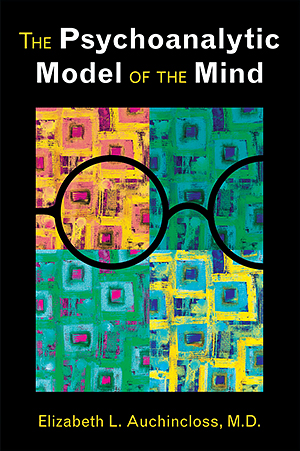Chapter 9.The Id and the Superego
Sections
Excerpt
This chapter describes the concepts of id and superego in greater detail. It also explains drive theory, libido theory, and psychosexuality. The advantages and disadvantages of a drive view of motivation are explored. Vocabulary introduced in this chapter includes the following: aggression, aggressive drive, anal stage, autoerotic, drive, drive theory, ego ideal, erotogenic zone, fixation, genital stage, guilt, infantile sexuality, instinct, latency, libido, libido theory, object seeking, oedipal period, oral stage, phallic stage, preoedipal period, psychic energy, psychosexual stages, psychosexuality, reaction formation, regression, separation anxiety, sexuality, shame, stranger anxiety, and sublimation.
Access content
To read the fulltext, please use one of the options below to sign in or purchase access.- Personal login
- Institutional Login
- Sign in via OpenAthens
- Register for access
-
Please login/register if you wish to pair your device and check access availability.
Not a subscriber?
PsychiatryOnline subscription options offer access to the DSM-5 library, books, journals, CME, and patient resources. This all-in-one virtual library provides psychiatrists and mental health professionals with key resources for diagnosis, treatment, research, and professional development.
Need more help? PsychiatryOnline Customer Service may be reached by emailing [email protected] or by calling 800-368-5777 (in the U.S.) or 703-907-7322 (outside the U.S.).



